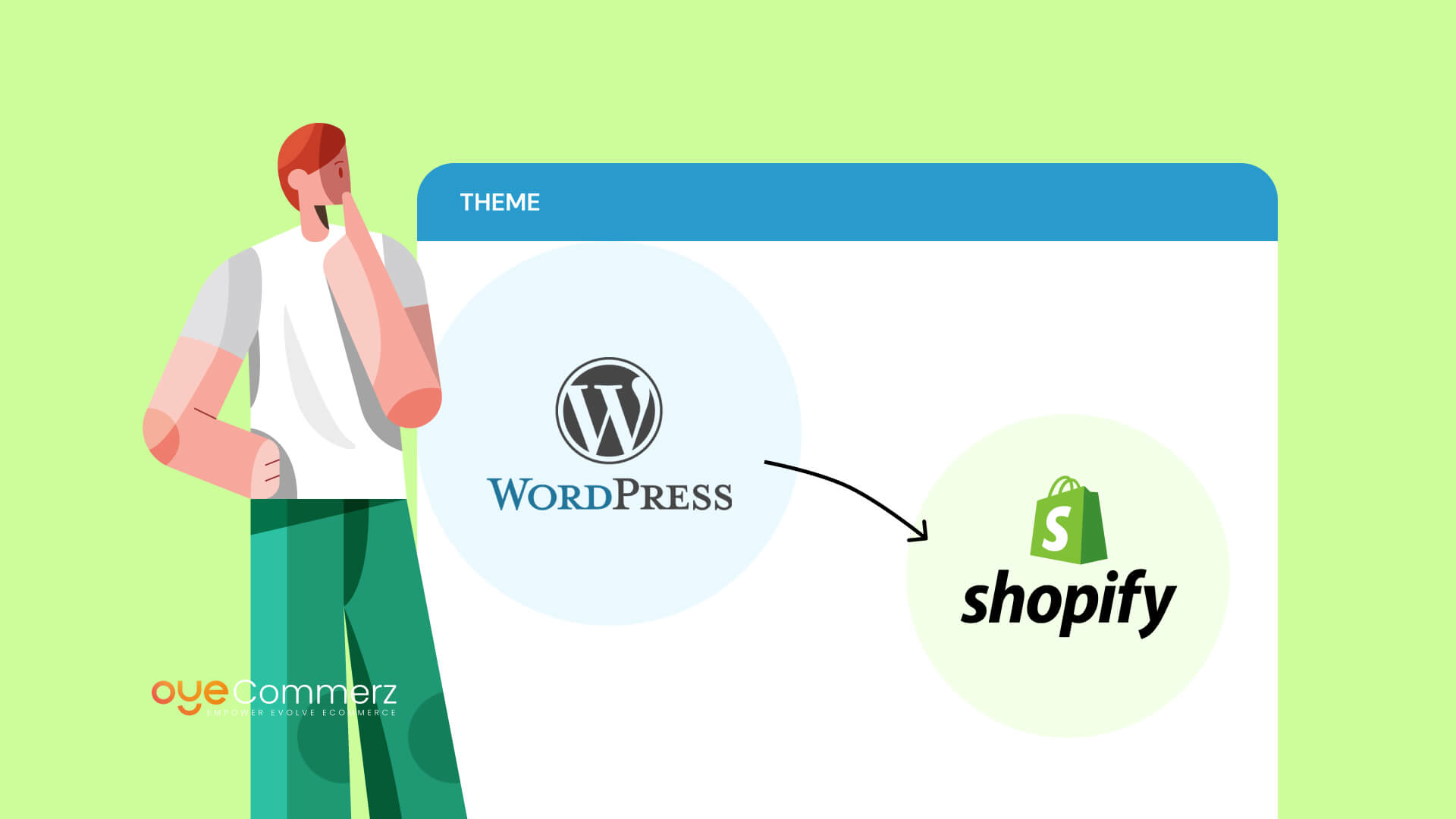In the ever-evolving world of eCommerce, choosing the optimal solution is vital for your company’s success. If you’re at the moment using WP and planning a migration to Shopify, you’re not by yourself. Countless businesses are shifting to leverage Shopify’s robust features, ease of use, and growth potential. This guide will take you through the process of migrating from WP to this platform smoothly, making sure that you realize your eCommerce potential.
Why Switch from WP to Shopify?
Ahead of starting the migration process, it’s essential to know why this change can be beneficial for your eCommerce business:
User-Friendly Interface: Shopify provides an user-friendly system that makes easier store operations, making it easier for non-technical users.
Flexibility: As your business expands, Shopify can accommodate greater visitors and transactions without sacrificing efficiency.
Built-in Tools: Shopify provides integrated resources for search engine optimization, analytics, payment processing, and additional functionalities, eliminating the need for multiple plugins.
Enhanced Security: With Shopify, you get access to advanced security features that secure sensitive customer data.
Steps for a Seamless Migration
Migrating your online store from WP to Shopify includes several steps.
Here’s how to facilitate a successful transition:
Outline Your Migration Approach
Kick-off by drafting your migration plan. Decide on which elements of your current site you want to move, such as:
Inventory information
User details
Purchase logs
Posts
Pick the Best Migration Package
Depending on your requirements, choose a migration eCommerce migration guide package that suits your eCommerce goals. OyeCommerz offers various plans:
Starter Package: Suitable for small stores with minimal products.
Standard Migration Package: Appropriate for mid-range businesses with more complex needs.
Premium Migration Package: Perfect for larger stores demanding broad customization.
Secure Your Information
Before starting the migration, ensure that you have a complete archive of your WordPress site. This action is critical in situations where anything goes off track during the move.
Export Your Data from WP
Utilize extensions or alternative solutions to export key content from your WordPress site:
Products
Users
Transactions
Content pieces
Import Content into Shopify
Once you have your information retrieved, utilize Shopify’s import tools or third-party apps to migrate your content into your updated store. Confirm that all data is accurately structured and aligned.
Customize Your Shopify Store
After importing data, adjust your Shopify site’s theme to reflect with your business goals. Look into working with a designer if you require complex customization.
Configure Checkout Systems and Shipping Options
Configure transaction methods and logistics options in Shopify to ensure a user-friendly purchase experience for customers.
Implement Search Engine Optimization Best Practices
To maintain shop platform migration your search engine rankings during the change:
Use 301 URL mappings from old URLs to migrated ones.
Update metadata.
Adjust visual content and text for better ranking.
Test Your Updated Shop
Prior to going live, completely check your migrated site. Check for any broken links, transaction errors, or incomplete files.
Go Live Your Site
When everything is in place, it’s the opportunity to publish! Inform the change to your clients and encourage them to discover the new capabilities of your Shopify store.
Post-Migration Assistance
Post releasing your Shopify store, continued support is key. Think about engaging professionals who can help with:
Site maintenance
Promotional campaigns
Improvement strategies
Conclusion
Migrating from WordPress to this platform can be a crucial step for your online retail. By following this guide and working with experts like those offered by industry leaders, you can achieve a seamless transition that improves your business potential. Embrace the opportunity and unlock the potential of Shopify today!
